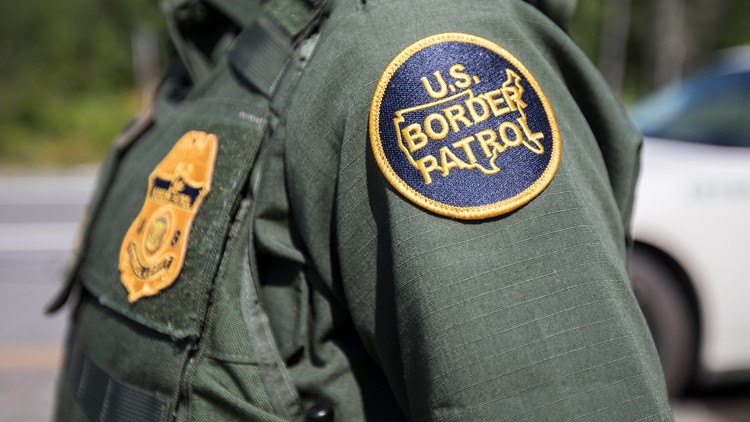The Conviction and Life Sentence of Heraclio Osorio-Arellanes Overturned by Appeals Court

Recently, the 9th Circuit Court of Appeals made a significant decision that has garnered attention across the country. The case of Heraclio Osorio-Arellanes, who was previously sentenced for killing U.S. Border Patrol agent Brian Terry in 2010 in Arizona, has now been turned upside down.
The court ruled that Osorio-Arellanes did not receive a fair trial, leading to the overturning of his conviction and life sentence. This decision sheds light on significant issues related to constitutional due process rights and the handling of crucial evidence in the case.
This ruling comes as a result of Osorio-Arellanes’ confession during interrogation, which the appeals court determined was obtained in violation of his Fifth Amendment right against self-incrimination. Additionally, questions were raised regarding his Sixth Amendment right to effective assistance of counsel and whether he fully understood the proceedings given his illiteracy.
The case is further complicated by its connection to the infamous “Fast and Furious” operation, a controversial federal gun initiative that faced criticism for its handling of firearms. The operation was intended to track weapons to criminal organizations, but the government lost control of many of the guns, including those found at the scene of Terry’s death.
Brian Terry, a former U.S. Marine, lost his life in a tragic incident while on duty in the Arizona desert. The circumstances of his death, involving a firefight with armed individuals, have been a focal point of this case and the subsequent legal proceedings.
As the appeals court noted in its ruling, this decision does not absolve Osorio-Arellanes of responsibility for his actions. The government still has the option to retry the case, ensuring that justice is served and acknowledging the importance of procedural protections for all criminal defendants.
Overall, this development serves as a reminder of the complexities and challenges inherent in the criminal justice system, and the critical role that constitutional rights play in ensuring a fair and just legal process for all individuals involved.




